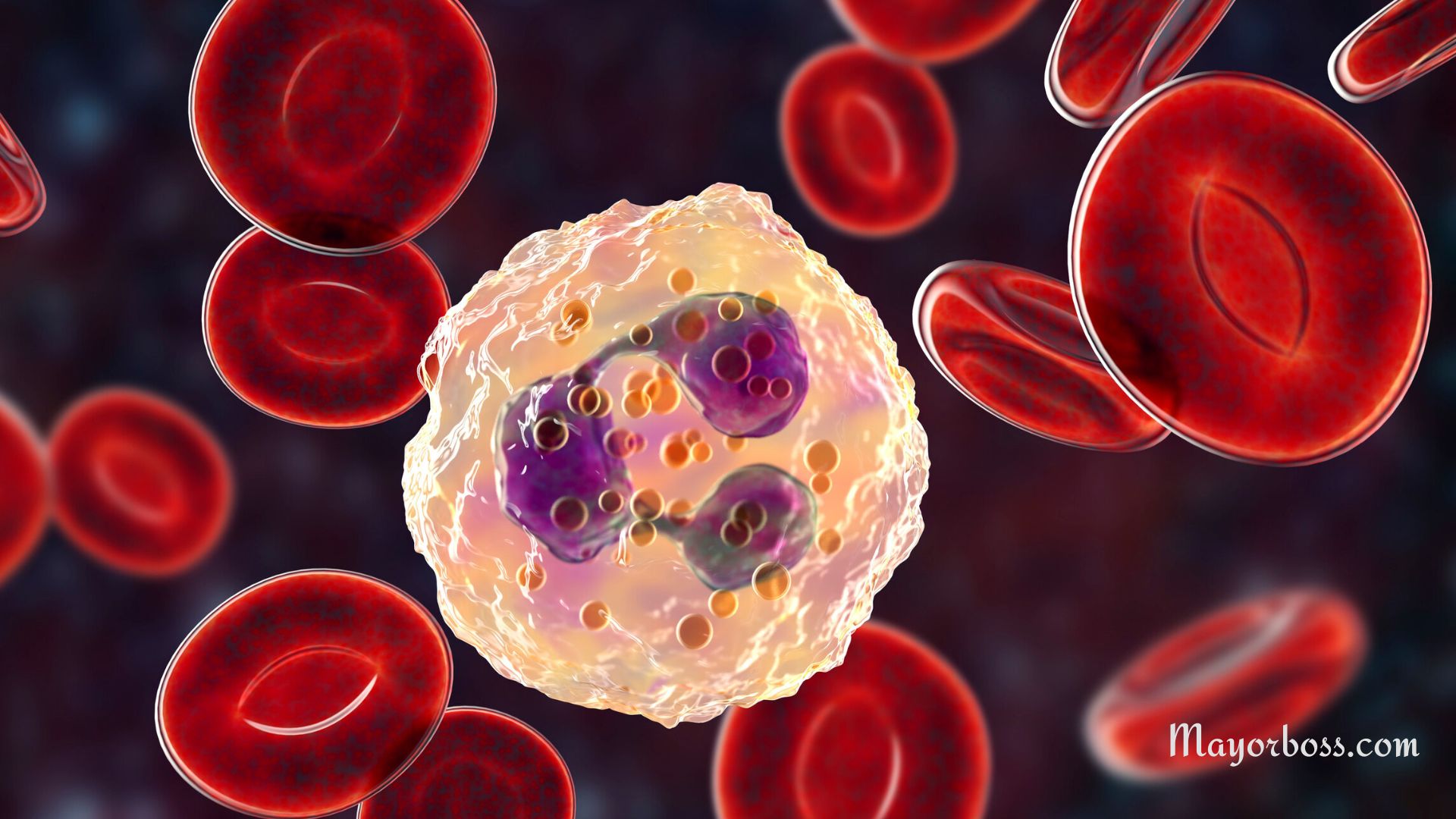Tired All the Time? This Could Be Why (Plus, What to Do)
Feeling constantly tired can really take a toll on your daily life, making even simple tasks seem daunting. Interestingly, this issue is quite common, yet many people overlook the underlying causes. If you’re wondering why you’re always feeling drained and what steps you can take to feel more energized, you’re in the right place. So, let’s get into it and shed some light on possible reasons for your fatigue and what actions you can take to tackle it.

Why You Might Be Feeling Tired All the Time
Several factors could be at play when it comes to feeling fatigued. Understanding these reasons is crucial in finding the right solution. Here are some of the most common ones:
1. Lack of Quality Sleep
The foundation of feeling rested and energetic starts with getting enough quality sleep. If you’re cutting corners on your sleep or your sleep isn’t restful, you’ll likely feel tired during the day. Factors such as insomnia, sleep apnea, or even an uncomfortable sleeping environment can disrupt your sleep cycle.
2. Poor Diet
What you eat has a huge impact on your energy levels. A diet lacking in essential nutrients, or one that’s high in sugar and processed foods, can lead to energy spikes followed by crashes, leaving you feeling more tired.
3. Insufficient Hydration
Our bodies need sufficient water to function optimally. Even mild dehydration can make you feel sluggish and fatigued. If you’re not keeping up with your water intake, it’s time to start.
4. High Stress Levels
Chronic stress is a major energy drainer. It can lead to mental and physical exhaustion, significantly impacting your overall well-being and leaving you feeling perpetually tired.
5. Underlying Health Conditions
Sometimes, constant tiredness can be a sign of underlying health issues. Conditions like:
- Anemia: Low iron levels limit the body’s ability to transport oxygen, leading to fatigue.
- Thyroid Issues: An underactive (hypothyroidism) or overactive (hyperthyroidism) thyroid can significantly affect energy levels.
- Depression and Anxiety: Mental health conditions are often associated with disrupted sleep and persistent fatigue.
- Other Conditions: Heart disease, chronic infections, diabetes, fibromyalgia, and chronic fatigue syndrome (CFS) are also known to cause tiredness.
What You Can Do to Feel More Energized
Once you have an idea of what might be causing your tiredness, you can start making changes to feel more energized. Here are some steps you can take:
1. Improve Your Sleep Hygiene
Aim for 7-9 hours of sleep each night and establish a regular sleep schedule. Make your sleeping environment as comfortable as possible, and avoid screens at least an hour before bedtime.
2. Eat a Balanced Diet
Focus on a diet rich in whole foods, vegetables, fruits, lean proteins, and whole grains. These foods can provide you with steady energy throughout the day.
3. Stay Hydrated
Make sure you’re drinking enough water throughout the day. Keeping a water bottle with you can serve as a constant reminder to stay hydrated.
4. Manage Stress
Incorporate stress-reduction techniques into your daily routine. This can include activities like yoga, meditation, deep breathing exercises, or any hobby that helps you relax.
5. Seek Medical Advice
If you suspect your tiredness might be due to a health condition, or if the above strategies don’t help, it’s important to consult with a healthcare provider. They can conduct tests to identify any underlying issues and recommend the appropriate treatment.
In essence, feeling tired all the time is a sign from your body that something needs to change. By taking a closer look at your lifestyle and making some adjustments, you can start to feel more awake, alert, and full of energy. Remember, if you’re concerned about your health, seeking professional advice is always the best course of action.
Frequently Asked Questions
1. How much water should I drink to avoid dehydration?
Aim for about 8-10 glasses of water a day, but this can vary based on your activity level, the climate you live in, and your overall health.
2. Can vitamin supplements help with fatigue?
If your diet lacks certain nutrients, supplements might help. However, it’s best to get nutrients from food if possible. Speak with a healthcare provider to determine if supplements are right for you.
3. How can I tell if my tiredness is due to a medical condition?
If your tiredness persists despite getting enough rest, eating well, and managing stress, it’s a good idea to see a doctor. They can help identify if there’s a medical reason behind your fatigue.






